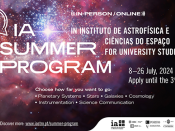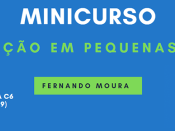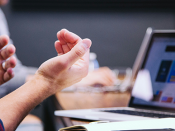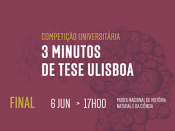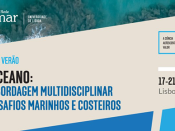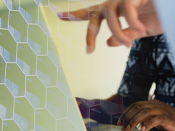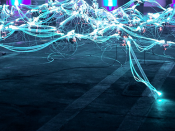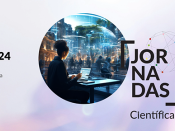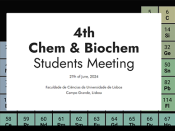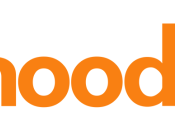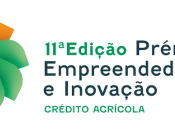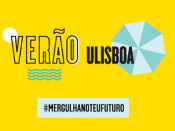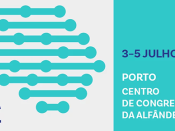Por Artur Czeszumski (Ernst-Strüngmann Institute for Neuroscience, Frankfurt).
The embodied-embedded-enactive-extended (4E) approach to studying cognition suggests that interaction with the world is a crucial component of our cognitive processes. Most of the time, we interact with other people. Therefore, studying cognition without interaction is incomplete. Until recently, social neuroscience has only focused on studying isolated human and animal brains, leaving interaction unexplored. To fill this gap, we studied interacting participants, focusing on intra- and inter-brain (hyperscanning) neural activity. In the first study, we invited dyads to perform a visual task in both a cooperative and a competitive context while we measured EEG. We found that mid-frontal activity around 200-300 ms after receiving monetary rewards was sensitive to social context and differed between cooperative and competitive situations. In the second study, we asked participants to coordinate their movements with each other and with a robotic partner. We found significantly stronger EEG amplitudes at frontocentral electrodes when people interacted with a robotic partner. Lastly, we performed a comprehensive literature review and the first meta-analysis in the emerging field of hyperscanning that validated it as a method to study social interaction. Taken together, our results showed that adding a second participant (human or AI/robotic) fostered our understanding of human cognition. We learned that the activity at frontocentral electrodes is sensitive to social context and type of partner (human or robotic). In both studies, the participants’ interaction was required to show these novel neural processes involved in action monitoring. Similarly, studying inter-brain neural activity allows for the exploration of new aspects of cognition. Many cognitive functions involved in successful social interactions are accompanied by neural synchrony between brains, suggesting the extended form of our cognition.
Bio: Artur is a Ph.D. Candidate in Cognitive Science at the University of Osnabrück and Clinical Psychology at the Vrije Universiteit Amsterdam. He uses different methods like EEG, Eye-tracking, Psychophysics, Robotics, and Virtual reality to study human behavior and its underlying neural basis. Artur is mostly interested in the human mind’s social aspect, and plans to explore it with experimental and computational methods throughout his career.
Transmissão via Zoom.





